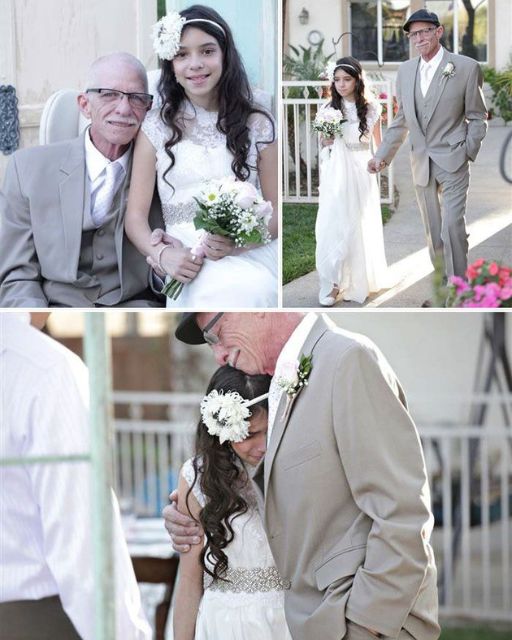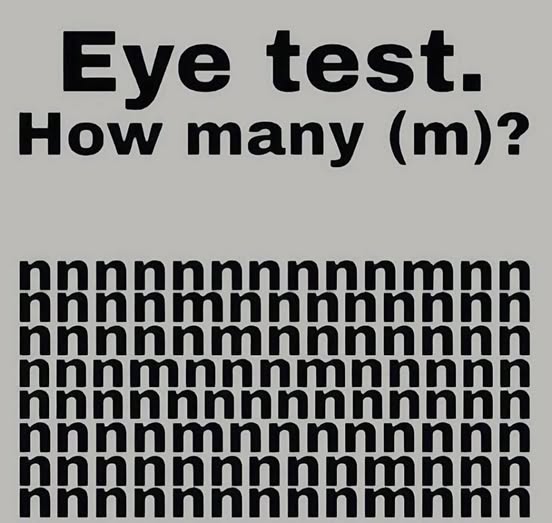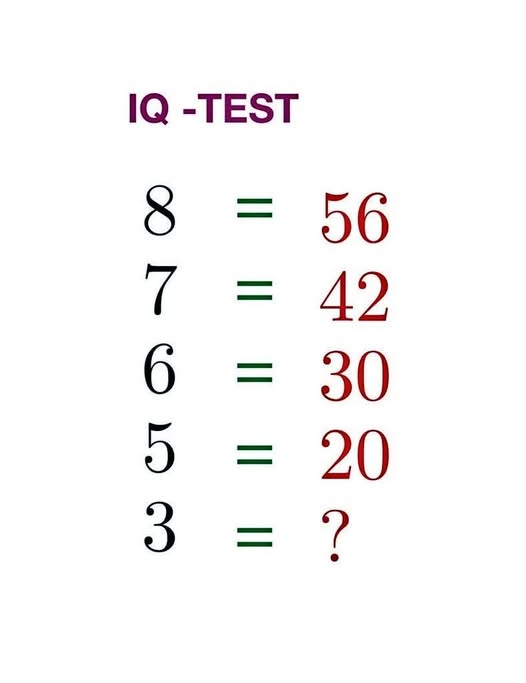People think little girls dream about weddings.
I didn’t. I dreamed about my grandpa’s old pickup, the one with the broken radio and the seatbelt that never quite clicked right. I dreamed about afternoons in his garden, both of us covered in dirt, him humming some old country tune while I made up stories about the worms.
He raised me. Not because he had to—but because he wanted to.
When he got sick, I overheard the doctors talking. “Maybe a few weeks,” one of them said. I pretended not to understand, but I did. So I asked him, “What’s something you never got to do?”
He laughed and said, “Well, I never got to walk someone down the aisle.”
So I made it happen.
We planned a “not-a-wedding” ceremony in his backyard. I wore a white dress and a headband with a big flower on it—looked like something from a thrift store fairytale. My cousin played music from his phone. We invited just a few neighbors. Grandpa wore his best suit, the one that smelled like cedar and history.
When we reached the end of the path, he squeezed my hand and said, “You look like your mama did at prom.”
That’s when I broke. Right there, in front of everyone, I buried my face in his jacket and cried.
And then, right before we sat down to eat cake, he leaned over and whispered something I still haven’t told a soul.
He said, “Check the inside pocket of my suit when you get home.”
That night, after everyone had gone home and the backyard was quiet again, I sat on the edge of my bed staring at the suit hanging carefully in my closet. The fabric still carried the faint scent of his cologne—a mix of peppermint and wood polish. For a long time, I couldn’t bring myself to touch it. It felt too final, like opening Pandora’s box or stepping into some kind of sacred space I wasn’t ready for.
But curiosity tugged at me stronger than my fear. Finally, I stood up, crossed the room, and slipped my hand into the inside pocket. My fingers brushed against something soft yet firm. Pulling it out, I found an envelope folded neatly around what looked like… a photograph?
The photo was old, yellowed at the edges, and showed two people standing side by side: Grandpa as a much younger man, his hair dark and full, and a woman who could only be my grandmother. She had passed away years before I was born, so all I knew of her came from stories and faded pictures. But this one was different. They weren’t posing stiffly; instead, they were laughing, caught mid-moment, their heads tilted toward each other like they shared a private joke no one else would ever understand.
On the back of the photo, written in Grandpa’s shaky handwriting, were the words: “The day we promised forever.”
Inside the envelope was a letter addressed to me. As I unfolded it, tears already pricked my eyes—not because I was sad, but because I felt seen, understood, loved in a way that went beyond anything I’d known before.
Dear Ellie,
If you’re reading this, then I’ve finally let go of the wheel. Don’t cry too hard—I’ve lived a good life, most of it thanks to you. You’ve been more than just my granddaughter; you’ve been my partner-in-crime, my confidante, my reason to keep going even when the road got rough.
I want you to know something important: love isn’t always about grand gestures or perfect moments. Sometimes, it’s about showing up every day, even when it’s hard. That’s what your grandma taught me. She wasn’t perfect, and neither was I, but together, we built something real. And now, I’m passing that lesson on to you.
There’s one more thing. In the attic, behind the boxes of Christmas decorations, you’ll find a small wooden chest. Inside is something special—it belonged to your grandma, and now it belongs to you. Take care of it, and remember: love doesn’t end when someone leaves. It lives on in the things they leave behind.
Forever yours, Grandpa
By the time I finished reading, my cheeks were wet, but my heart felt lighter somehow. I clutched the letter to my chest and thought about everything Grandpa had given me—not just material things, but lessons, memories, and a sense of belonging that nothing could take away.
The next morning, armed with determination and a flashlight, I climbed the creaky stairs to the attic. Dust motes floated lazily in the slanted sunlight streaming through the tiny window. Pushing aside boxes labeled “Ornaments” and “Old Clothes,” I spotted the chest tucked away in the corner. It was smaller than I expected, its surface worn smooth from years of use. The latch was rusted, but it opened easily enough.
Inside was a delicate silver locket attached to a thin chain. When I opened it, I saw two tiny images: one of Grandpa and Grandma on their wedding day, and the other of me as a toddler, grinning wildly with dirt smudged across my face. A note inside read simply: “For Ellie, who reminds me of her.”
For a moment, I stood there holding the locket, overwhelmed by how connected I felt—not just to Grandpa, but to Grandma too. Though I’d never met her, I realized she was part of me in ways I hadn’t fully understood until now. Her laughter, her strength, her ability to love deeply—they were alive in me, just as Grandpa had said.
Over the following weeks, I started wearing the locket everywhere. At first, it was a reminder of Grandpa, a way to keep him close during those early days of grief. But soon, it became something more. Every time I touched it, I remembered his words: “Love doesn’t end when someone leaves. It lives on in the things they leave behind.”
One afternoon, while sorting through more of Grandpa’s belongings, I stumbled upon another surprise: a journal filled with his thoughts, sketches, and poems. Some entries were funny, others poignant, but all of them revealed pieces of him I’d never known. One passage stood out:
“Ellie once asked me why I liked gardening so much. I told her it was because plants remind us that growth takes time. Even when you can’t see it happening, roots are spreading underground, making the plant stronger. People are like that too. We grow slowly, sometimes painfully, but if we’re patient and kind to ourselves, we bloom in our own time.”
Reading those words hit me like a punch to the gut. All these years, I’d thought gardening was just something Grandpa enjoyed. But it was also his way of teaching me about resilience, patience, and self-compassion. He’d planted seeds in me without me even realizing it.
Months later, I decided to honor Grandpa’s memory by starting a community garden in the empty lot next to our house. Neighbors joined in, sharing tools, seeds, and stories. Together, we transformed the neglected space into a vibrant patchwork of flowers, vegetables, and herbs. On the opening day, I wore the locket and pinned a flower crown to my hair—just like the one I’d worn during our “not-a-wedding” ceremony.
As I stood there, watching kids dig in the soil and adults swap gardening tips, I felt a deep sense of peace. This was what Grandpa had wanted for me: a life rooted in connection, creativity, and kindness. His legacy wasn’t just in the things he left behind—it was in the ripple effect of his love, spreading outward and touching everyone lucky enough to cross my path.
Looking back, I realize that walking down that makeshift aisle wasn’t just about giving Grandpa a moment of joy. It was about embracing the messy, beautiful complexity of life itself. Love isn’t confined to weddings or grand romantic gestures—it’s in the everyday acts of showing up, planting seeds, and trusting that growth will come, even if you can’t see it right away.
So here’s the lesson I want to leave you with: cherish the people who show up for you, whether it’s in big ways or small. Hold onto their stories, their quirks, their wisdom. Because when they’re gone, those little things become treasures that help you carry them forward.
If this story resonated with you, please share it with someone who needs a reminder of how powerful love can be. And don’t forget to give your own “garden” some attention today—it might surprise you how much beauty grows when you nurture it.
Thank you for reading.




